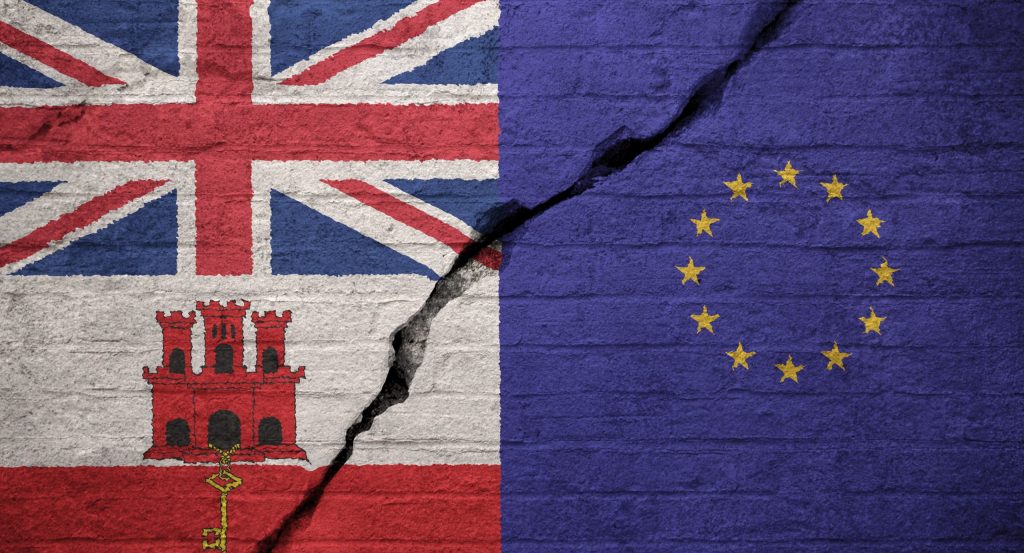Since the United Kingdom officially left the European Union, the term Brexit has become synonymous with uncertainty and change. One of the most pressing questions for many residents is how this monumental shift will affect their everyday expenses and savings. Understanding the implications on personal finances is crucial for Britons to navigate this new reality effectively.
In this blog post, we will explore the impact of Brexit on personal budgets and provide insights on how to adapt. By doing so, we aim to equip you with the knowledge needed to make informed financial decisions in these unprecedented times.
The immediate effects on household budgets

Brexit has had a direct impact on the cost of living in the UK. The initial aftermath saw a depreciation of the British pound, which in turn caused an increase in the price of imported goods. This has affected everything from food prices to consumer electronics, putting additional pressure on household budgets.
Furthermore, economic uncertainty has led to fluctuations in the housing market, with potential implications for mortgage rates and rental prices. Prioritising essential expenses is vital in this new economic landscape.
With consumer prices increasing, assessing and adjusting spending habits can prevent overspending. Britons should explore budgeting tools to track expenses more efficiently and ensure that everyday costs do not spiral out of control. Moreover, seeking savings options in utility bills, groceries, and other necessities can free up funds for more important outlays.
Employment and income considerations
The labour market has not been immune to the Brexit fallout. Changes in immigration laws have affected workforce composition, with potential impacts on employment rates and job security. Some industries reliant on EU workers, such as agriculture and hospitality, have faced labour shortages, leading to potential wage increases.
While this could benefit some employees through higher pay, others may encounter job instability as businesses adjust to the new market conditions. It is important to remain adaptable in anticipation of shifts in employment patterns.
Networking within your industry and staying updated on developments can help identify opportunities for advancement or alternative career paths. Moreover, finding ways to improve your professional skills can increase job security. Employers are likely to value versatility in a workforce facing rapid change.
Investment strategies in a post-Brexit world
Investors face a complex landscape as the UK adjusts to its new position outside the EU. Market volatility and regulatory changes can affect both domestic and international investments. In this uncertain environment, diversified investment strategies become increasingly important.
Balancing risk through a mixture of asset classes, such as equities, bonds, and commodities, can shelter your portfolio from potential market fluctuations. Collaboration with financial advisors can be beneficial in developing a customised investment plan that aligns with individual objectives and risk tolerance.
These professionals can offer insights into emerging opportunities and help adjust strategies in response to market changes. Consider learning about sustainable investments, which focus on companies with strong environmental, social, and governance (ESG) practices.
Long-term financial planning post-Brexit
For Britons, long-term financial planning is more important than ever in the wake of Brexit. Pensions, retirement savings, and financial goals require careful consideration and potential reevaluation. With shifting markets and economic conditions, reassessing risk tolerance and retirement age may be necessary to ensure a comfortable future.
Taxation policies may also change as the UK establishes new economic relationships. It is crucial to stay informed about any tax reforms that could affect your income or investments. Consultation with a financial advisor or tax professional may help identify strategies to optimise tax efficiency.
Additionally, ensuring your estate planning is up-to-date and reflects post-Brexit realities can protect your assets and ensure that your wealth is passed on according to your wishes.
The importance of financial education
As the nation adjusts to life outside the EU, financial literacy becomes increasingly important. Understanding the basics of budgeting, investing, and tax planning is crucial for managing personal finances effectively. Organisations offering courses and resources can empower individuals by explaining complex financial concepts in understandable terms.
Moreover, fostering a culture of financial awareness can have widespread positive effects. Discussing financial matters with family and peers can promote shared learning and encourage responsible money management habits across communities. By creating opportunities for open dialogues about finances, Britons can collectively increase their financial resilience.
Adjusting personal financial goals
In light of the evolving economic conditions, adjusting personal financial goals is essential for long-term success. Clear, flexible goal-setting can accommodate changes in income, expenses, and market conditions.
Re-evaluate your objectives regularly to ensure they remain relevant and attainable within the current economic context. Setting specific, measurable, achievable, relevant, and time-bound (SMART) goals can provide clarity and direction in pursuing financial security.
The process of assessing and realigning goals requires an honest appraisal of current financial standing. Analysing income streams, expenditures, and investments can reveal areas needing adjustment to better align with new priorities. This evaluation can also highlight opportunities for growth and improvement, facilitating a proactive approach towards financial planning.



